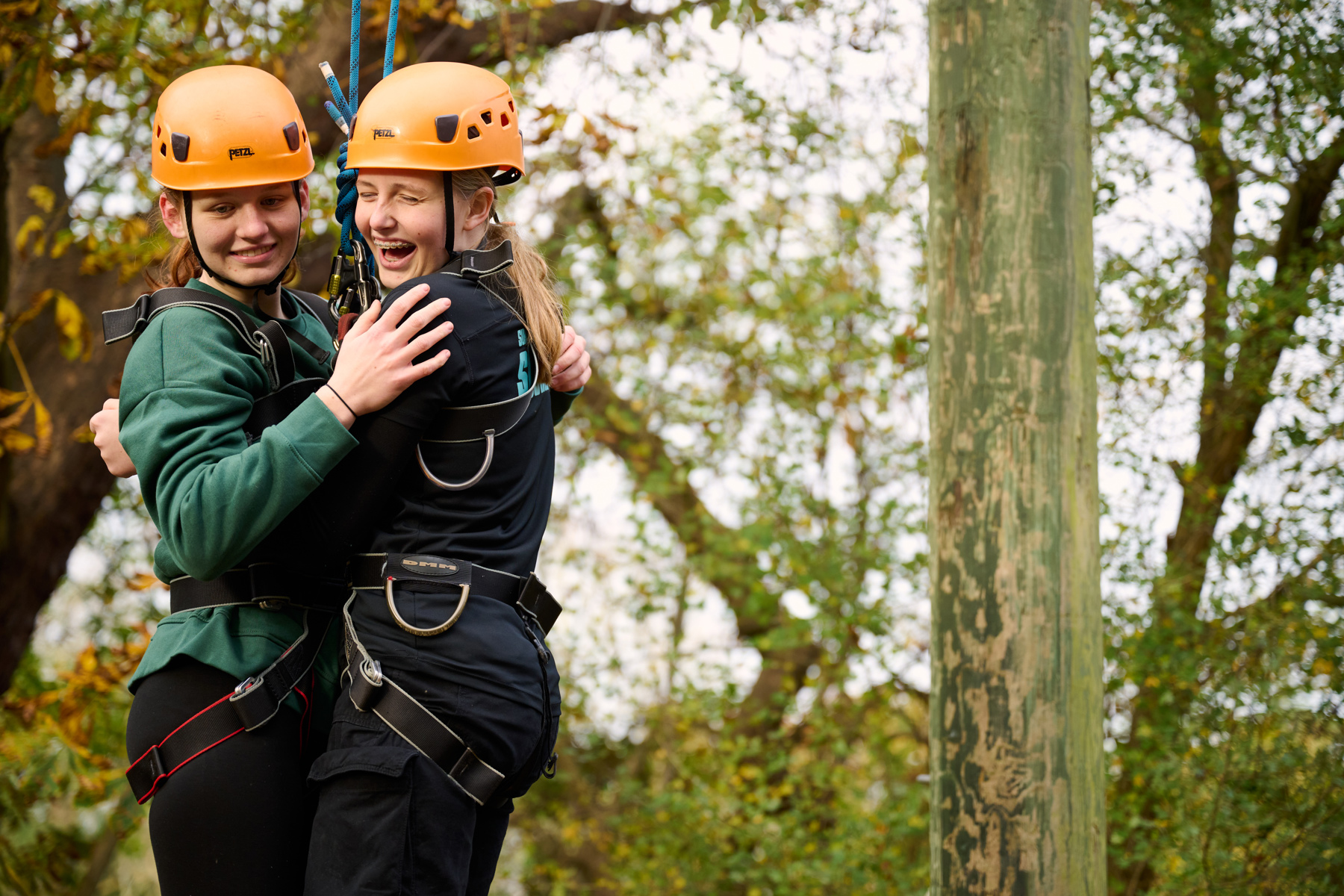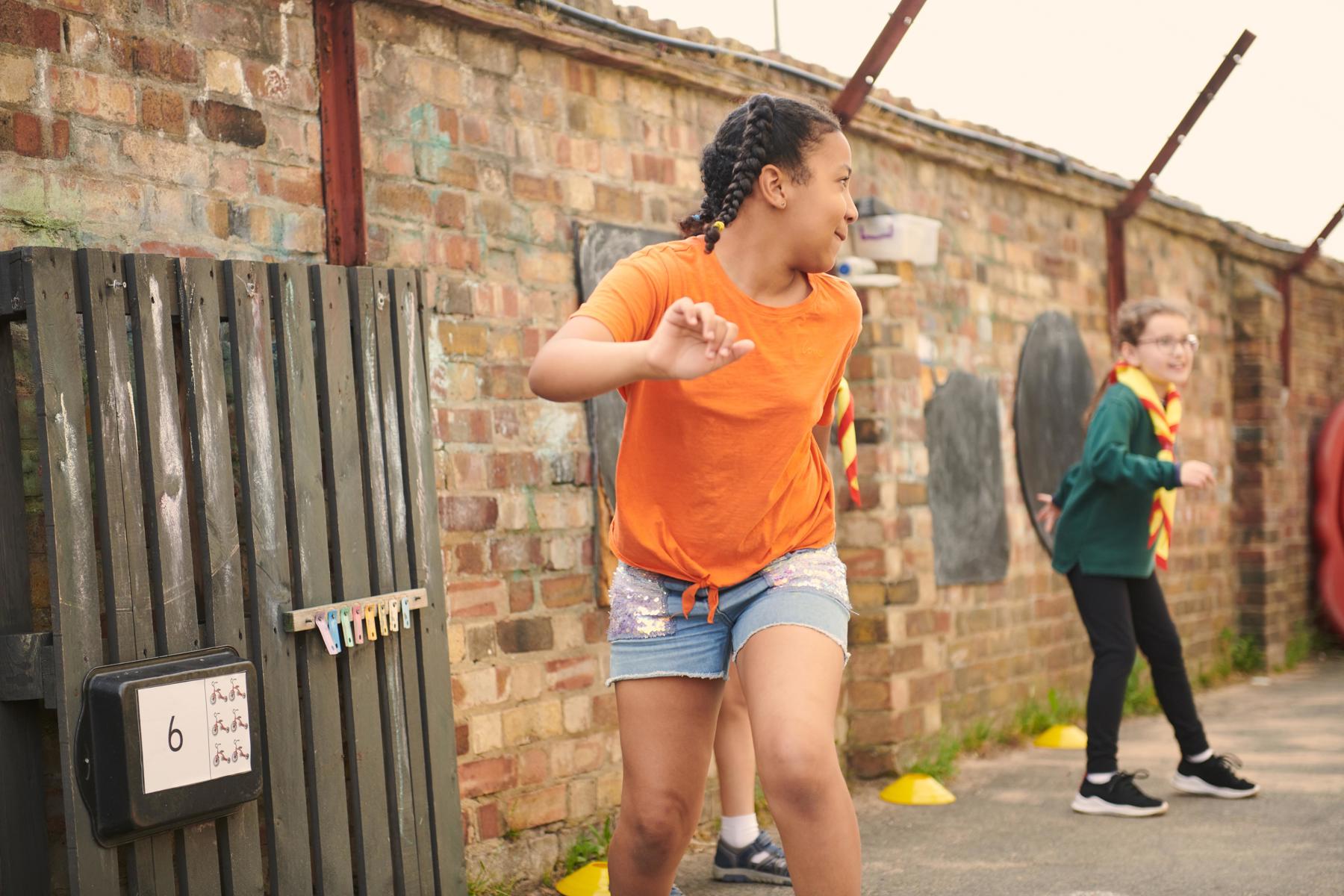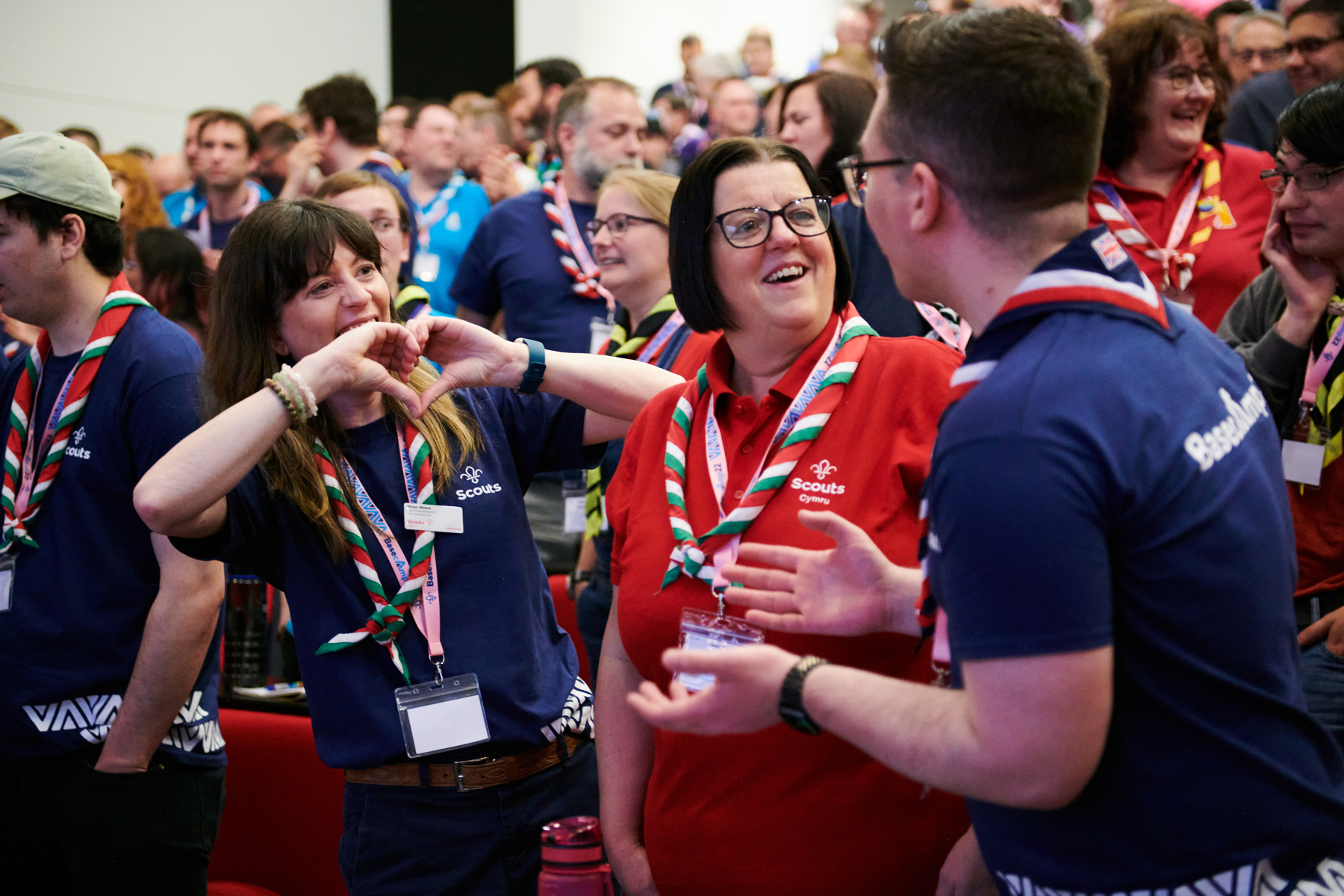How to break the stigma around periods
Mark Arnold, Section Leader of Broadstone Scout Troop, talked to Scouts about all things pads, periods, and poverty. Here’s how he did it.
Introduce the topic
Hold up a pad, tampon, and cup, one at a time, and ask if anyone knows what they are. Expect some embarrassment and maybe even some disgust, but hopefully some right answers too. Keep an eye out for everyone’s reactions, and ask them why they reacted as they did.
Once everyone knows what the products are, what they’re for, and how people use them, introduce the topic of periods and menstruation. Now’s a great time to remind everyone that some of their reactions are one of the reasons you’ll be covering the topic. Reassure everyone that you’re not about to repeat a school lesson, but ask if anyone’s had a lesson at school that talks about periods.
Ask if anyone knows what a period is. It’s just blood and uterus lining and the average period is somewhere around three or four tablespoons of blood. A period is no more disgusting than a cut knee.
There are around seven and a half billion people on our planet, and something like half of them will menstruate at some point. Periods are a normal thing that a lot of people deal with every month. They’re part of the system of making new humans – without that process, people wouldn’t exist.
We should all be able to talk about periods with friends, family members, teachers, Scout volunteers, and doctors, whatever their gender. We talk about plenty of other stuff that goes on in our lives, and periods aren’t any different.
Periods affect everyone. Even if you’ll never menstruate, knowing about periods will help you understand and support the people you care about, such as family members and friends.

Time for a quiz
Mark ran the quiz as a relay race with questions and multiple choice answers spread across the room, because he knew Scouts like a chance to burn off some energy. You can do it however works for you.
Check out Mark’s questions (and the all-important answers!) here.
Ask the expert
Mark invited a local Red Box Project representative to explain what they do and how Scouts can get involved. The representative explained the causes and impacts of period poverty, and brought along a box of products. The Scouts had the chance to get hands on, explore what was in the box, get used to the items, and ask any questions.
Why not contact a charity like the Red Box Project, find out what they’re doing near you, and see if they’d like to visit?
If you can’t find anyone to come along, you could explain about period poverty (there’s loads of information in the autumn term 2019 Scouting Magazine, where we spoke to Gabby Edlin, founder of Bloody Good Period). Don’t forget to give everyone the chance to look and feel a range of products including pads, tampons, and cups, too.
What can we do?
Scouts talked to the Red Box Project representative, each other, and Mark, to figure out what they could do. They decided to host their own box (that the volunteers would keep topped up using section funds) to make sure everyone visiting their meeting place could access products, and to become a drop-off point for donations to the Red Box Project. They also decided to find out what was happening in their schools.

Superstitions
Lots of superstitions exist around the world – including in the UK. They’re not true, but they often restrict the behaviour of people who menstruate and contribute to taboos and discrimination. They also make it harder for people to talk about their periods, which leads to even more misunderstanding!
Check out Mark’s list of superstitions from around the world here. Have the young people heard any of them before?
Finishing the session
Now’s a great time for everyone to reflect on what they’ve learned, and ask any questions they may still have.
Scouts is the age when most people will first come across periods outside their family. It’s important that everyone is aware of periods – now we know the facts, and we know that there’s nothing to be scared or grossed out about.
Not everyone menstruates, but menstruation does affect anyone. Ask if anyone can think of any other issues that affect a lot of people. What about issues that mainly affect boys, or other societal taboos? If people are interested, you could run sessions to find out more about some of these.
Remind everyone that as Scout volunteers, you’re here to help. Tell people that if they have any questions or problems and want to let you know, you won’t judge them, and you’ll do everything you can to help.
Thank you to Mark Arnold, whose resources we adapted to create this post.
And remember, all volunteers must follow our yellow card ‘Young People First’ code of practice.
